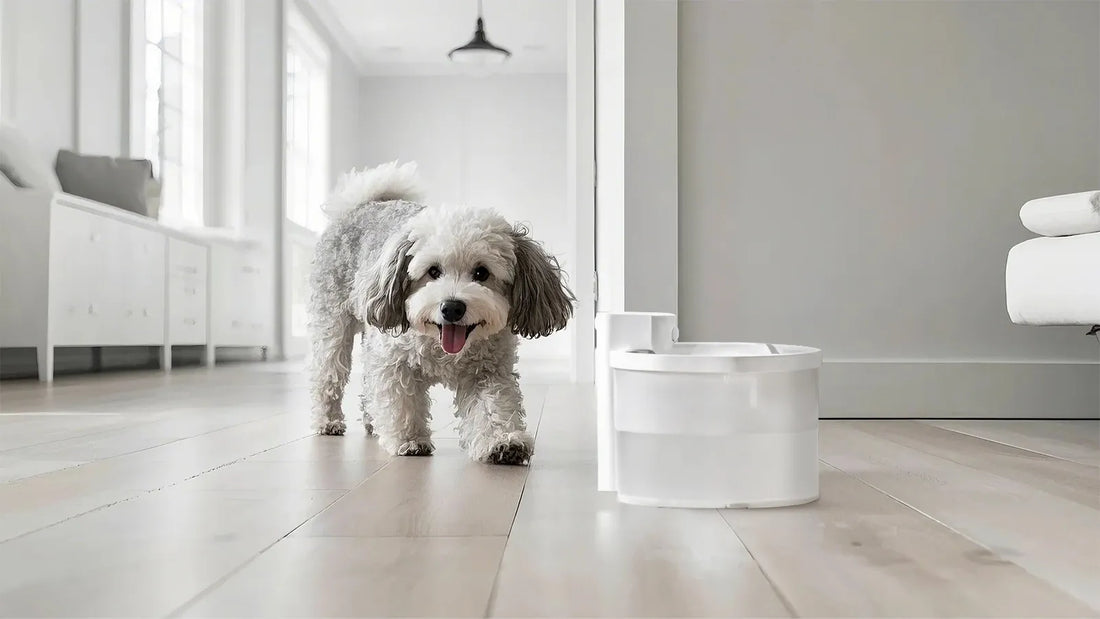If you've ever walked into your home only to find that your cat has pooped next to the litter box instead of inside it, you're not alone. This behavior can be both frustrating and confusing for pet owners. However, understanding the underlying reasons can help you address the issue and restore harmony in your home.
Common Reasons for This Behavior
There are several reasons why your cat might be pooping next to the litter box. One of the most common reasons is that the litter box is not clean enough for your cat's liking. Cats are naturally clean animals, and if their litter box is dirty, they may choose to go elsewhere.
Another possible reason is that the litter box is too small or uncomfortable for your cat. Cats need enough space to move around and dig, and if the box is too cramped, they may avoid using it. Additionally, the type of litter you use can also play a role. Some cats are picky about the texture or scent of the litter, and if they don't like it, they may refuse to use the box.
Medical Issues to Consider
Sometimes, the reason your cat is pooping next to the litter box could be medical. Conditions such as constipation, diarrhea, or urinary tract infections can make it painful or difficult for your cat to use the litter box. If you notice any changes in your cat's behavior or health, it's important to consult your veterinarian to rule out any underlying medical issues.
Older cats may also experience arthritis or other mobility issues that make it difficult for them to climb into the litter box. In such cases, providing a litter box with lower sides or placing it in a more accessible location can help.
Stress and Anxiety
Stress and anxiety can also lead to litter box avoidance. Changes in your cat's environment, such as moving to a new home, introducing a new pet, or even rearranging furniture, can cause stress and lead to changes in behavior. Cats are creatures of habit, and any disruption to their routine can make them feel uneasy.
If you suspect that stress is the cause, try to identify and address the source of your cat's anxiety. Providing a safe and quiet space for your cat, along with plenty of attention and reassurance, can help them feel more secure.
How to Address the Issue
Once you've identified the possible reason for your cat's behavior, you can take steps to address it. Start by ensuring that the litter box is clean and well-maintained. Scoop it daily and change the litter regularly to keep it fresh and inviting.
Consider the size and type of litter box you're using. If your cat is larger or older, they may need a bigger or more accessible box. Experiment with different types of litter to see if your cat has a preference. Some cats prefer clumping litter, while others may like non-clumping or unscented varieties.
If you suspect a medical issue, schedule a visit to the vet as soon as possible. Your veterinarian can perform a thorough examination and recommend any necessary treatments or adjustments to your cat's care routine.
For cats experiencing stress or anxiety, try to create a calm and stable environment. Provide plenty of hiding spots, scratching posts, and toys to keep your cat entertained and relaxed. If the stress is due to a new pet or family member, give your cat time to adjust and ensure they have their own space.
Preventing Future Incidents
Preventing your cat from pooping next to the litter box in the future involves a combination of proper litter box management, addressing any medical or behavioral issues, and creating a stress-free environment. Regularly clean the litter box, provide a comfortable and accessible box, and monitor your cat's health and behavior for any changes.
If the problem persists, consider consulting a feline behaviorist. They can provide personalized advice and strategies to help your cat feel more comfortable using the litter box.
Remember, patience and understanding are key. Cats are sensitive creatures, and it may take time to identify and address the root cause of their behavior. With the right approach, you can help your cat feel more at ease and ensure they use the litter box as intended.
Understanding why your cat is pooping next to the litter box is the first step toward solving the problem. By addressing the underlying causes and making the necessary adjustments, you can help your cat feel more comfortable and prevent future incidents. Your furry friend will thank you, and you'll enjoy a cleaner, happier home.














